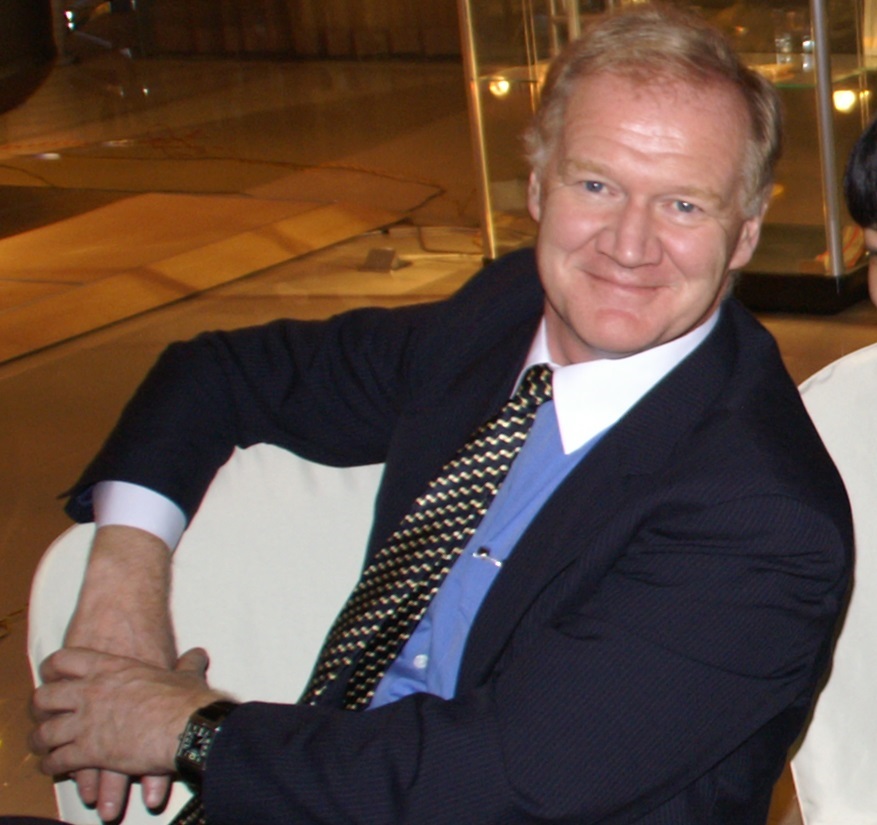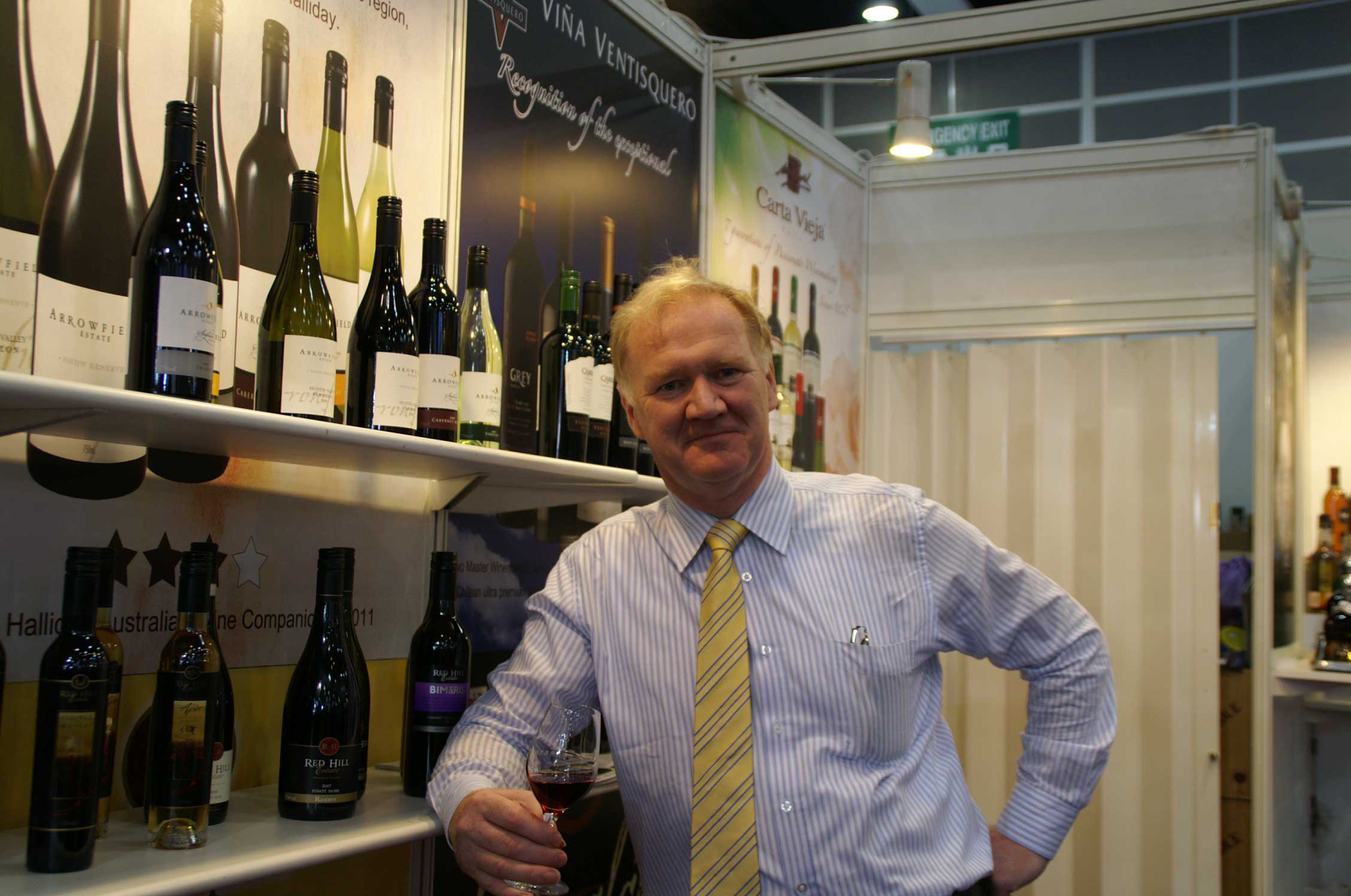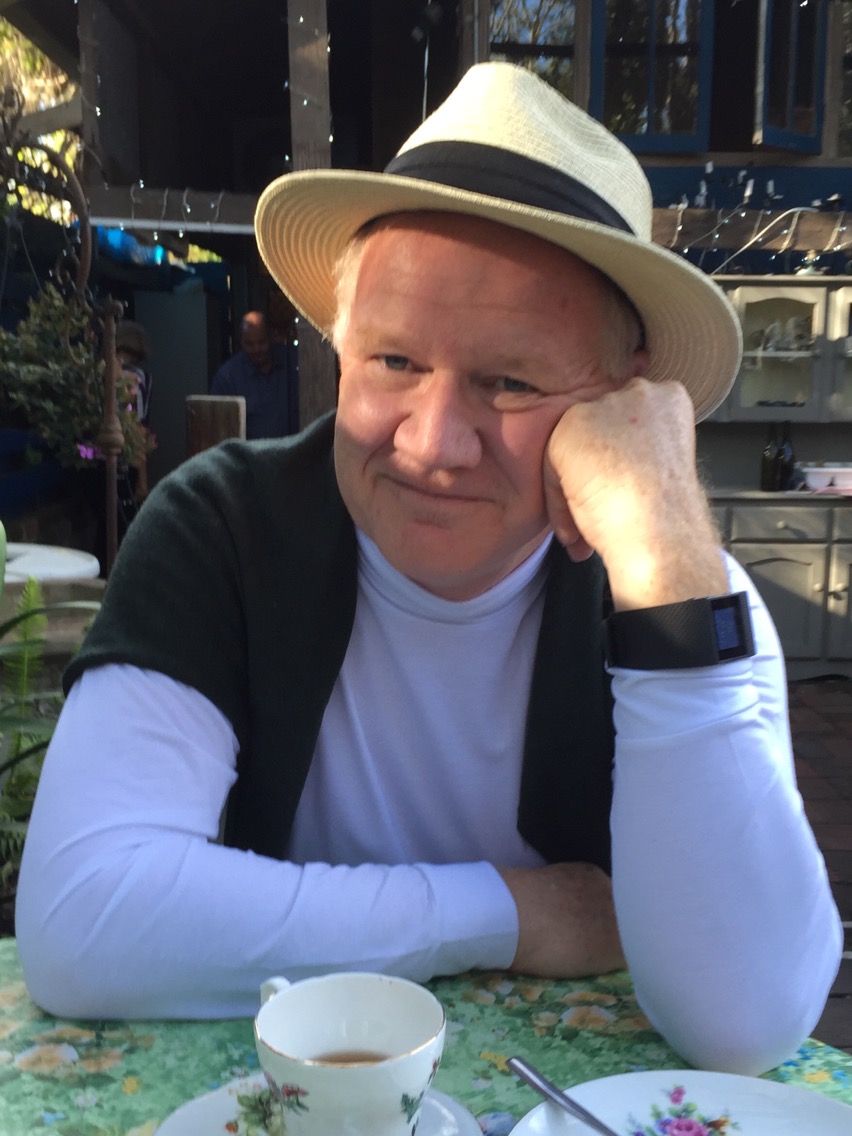Publications Student profiles Ken Waldron
Ken Waldron
- Future Students
- JCU Global Experience
- International Students
- Open Day
- How to apply
- Pathways to university
- Virtual Open Day
- Living on Campus
- Courses
- Publications
- Scholarships
- Parents and Partners
- JCU Heroes Programs
- Aboriginal and Torres Strait Islander in Marine Science
- Elite Athletes
- Defence
- Current Students
- New students
- JCU Orientation
- LearnJCU
- Placements
- CEE
- Unicare Centre and Unicampus Kids
- Graduation
- Off-Campus Students
- JCU Job Ready
- Safety and Wellbeing
- JCU Prizes
- Professional Experience Placement
- Employability Edge
- Art of Academic Writing
- Art of Academic Editing
- Careers and Employability
- Student Equity and Wellbeing
- Career Ready Plan
- Careers at JCU
- Partners and Community
- JCU-CSIRO Partnership
- Alumni
- About JCU
- Reputation and Experience
- Chancellery
- Governance
- Celebrating 50 Years
- Academy
- Indigenous Engagement
- Education Division
- Graduate Research School
- Research and Teaching
- Research Division
- Research and Innovation Services
- CASE
- College of Business, Law and Governance
- College of Healthcare Sciences
- College of Medicine and Dentistry
- College of Science and Engineering
- CPHMVS
- Anthropological Laboratory for Tropical Audiovisual Research (ALTAR)
- Anton Breinl Research Centre
- Agriculture Technology and Adoption Centre (AgTAC)
- Advanced Analytical Centre
- AMHHEC
- Aquaculture Solutions
- AusAsian Mental Health Research Group
- ARCSTA
- Area 61
- Lions Marine Research Trust
- Australian Tropical Herbarium
- Australian Quantum & Classical Transport Physics Group
- Boating and Diving
- Clinical Psychedelic Research Lab
- Centre for Tropical Biosecurity
- Centre for Tropical Bioinformatics and Molecular Biology
- CITBA
- CMT
- Centre for Disaster Solutions
- CSTFA
- Cyclone Testing Station
- The Centre for Disaster Studies
- Daintree Rainforest Observatory
- Fletcherview
- JCU Eduquarium
- JCU Turtle Health Research
- Language and Culture Research Centre
- MARF
- Orpheus
- TESS
- JCU Ideas Lab
- TARL
- eResearch
- Indigenous Education and Research Centre
- Estate
- Work Health and Safety
- Staff
- Discover Nature at JCU
- Cyber Security Hub
- Association of Australian University Secretaries
- Services and Resources Division
- Environmental Research Complex [ERC]
- Foundation for Australian Literary Studies
- Gender Equity Action and Research
- Give to JCU
- Indigenous Legal Needs Project
- Inherent Requirements
- IsoTropics Geochemistry Lab
- IT Services
- JCU Webinars
- JCU Events
- JCU Motorsports
- JCU Sport
- Library
- Mabo Decision: 30 years on
- Marine Geophysics Laboratory
- Office of the Vice Chancellor and President
- Outstanding Alumni
- Pharmacy Full Scope
- Planning for your future
- Policy
- PAHL
- Queensland Research Centre for Peripheral Vascular Disease
- Rapid Assessment Unit
- RDIM
- Researcher Development Portal
- Roderick Centre for Australian Literature and Creative Writing
- Contextual Science for Tropical Coastal Ecosystems
- State of the Tropics
- Strategic Procurement
- Student profiles
- SWIRLnet
- TREAD
- TropEco for Staff and Students
- TQ Maths Hub
- TUDLab
- VAVS Home
- WHOCC for Vector-borne & NTDs
- Media
- Copyright and Terms of Use
- Australian Institute of Tropical Health & Medicine
- Pay review
Ken Waldron is no stranger to conflict. Having been a business owner and consultant in Australia and around the world, Ken has extensive experience as a mediator and facilitator.
“When we started, we were self-taught in this area,” he said. “We sort of learnt the skills on the run and used instinct because the discipline wasn’t big in Australia, at that time.”
Returning to university to study a Master of Conflict Management and Resolution has given Ken the chance to examine his experiences and share them with fellow students. Originally from Melbourne, he began studying the course in 2015 while based in Hong Kong.
“Because of the internet, I can take on something like this,” he said. “Studying is the chance to examine past successes and failures in a structured fashion and apply theoretical frameworks to my practical experience. It was much to the surprise of a few of my friends that I went back to university. Some of them asked, ‘what did you do that for?’.”
Ken had noticed how the discipline had progressed since he first began mediating conflicts. Following experiences in cross-cultural conflict and other conflicts in business situations, he decided to reinvest in himself and further develop his skills.
“Like a lot of managers, I think I’m good at solving problems,” Ken said. “It’s not until you get a problem that is really difficult or that has a tough outcome that you realise you need to develop more skills. I reflected on those experiences and that’s when I decided to go back to university and study conflict management and resolution. This course gives students the chance to reflect and think about a situation and what you did well and didn’t do well.”
 Ken searched for a university that offered conflict management and resolution in Australia or in Hong Kong. He specifically wanted a course that was taught independently of law and was focused on “people and problems rather than laws and statutes”. Once Ken began studying, he soon realised he had found the perfect fit.
Ken searched for a university that offered conflict management and resolution in Australia or in Hong Kong. He specifically wanted a course that was taught independently of law and was focused on “people and problems rather than laws and statutes”. Once Ken began studying, he soon realised he had found the perfect fit.
“There are not many universities offering this course, or if they did they have since stopped,” he said. “I looked at JCU and the course structure and it looked like it would suit me. Once I started, I found not only is it interesting, but it gives me relevant lessons in a life sense and a professional sense.”
While Ken likes the flexibility of studying online, his favourite part of the course is the intensive blocks. He enjoys participating in the workshops held on campus and interacting with lecturers and students.
“The workshops are the most powerful component of the course,” he said. “The interaction you have at university personalises what you’re learning. If you’re discovering something new and about how it works, your peer group can bring you to heel and make you think about it in different ways. I come along with a bit of experiential baggage but also with a lot of valuable practical insights. It’s a really powerful thing, if you think about it. It is particularly powerful in the workshops.”
Now based in Brisbane, Ken still maintains his business interests in China. He said the Master of 
“You can do this course even if you don’t anticipate becoming a conflict manager,” Ken said. “If you’re a business consultant or a manager in the corporate world, you will come out of this course with a set of applied skills and understanding that will hold throughout your corporate career.”
Ken anticipates graduating in mid-2018 and looks forward to putting his knowledge and skills into practice. He plans to continue his professional career, while also doing volunteer work through Mediators Beyond Borders.
“The world has changed, but I’m interested so there is no reason for me to stop working,” Ken said. “People my age can go out and be useful not only to ourselves but also for the people around us. You can be beneficial to the community, whether that’s through paid work or volunteering. But you can’t go out there with just with a good feeling, you have to go back and invest in yourself so your skills are current.”